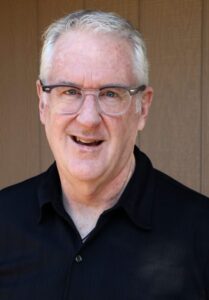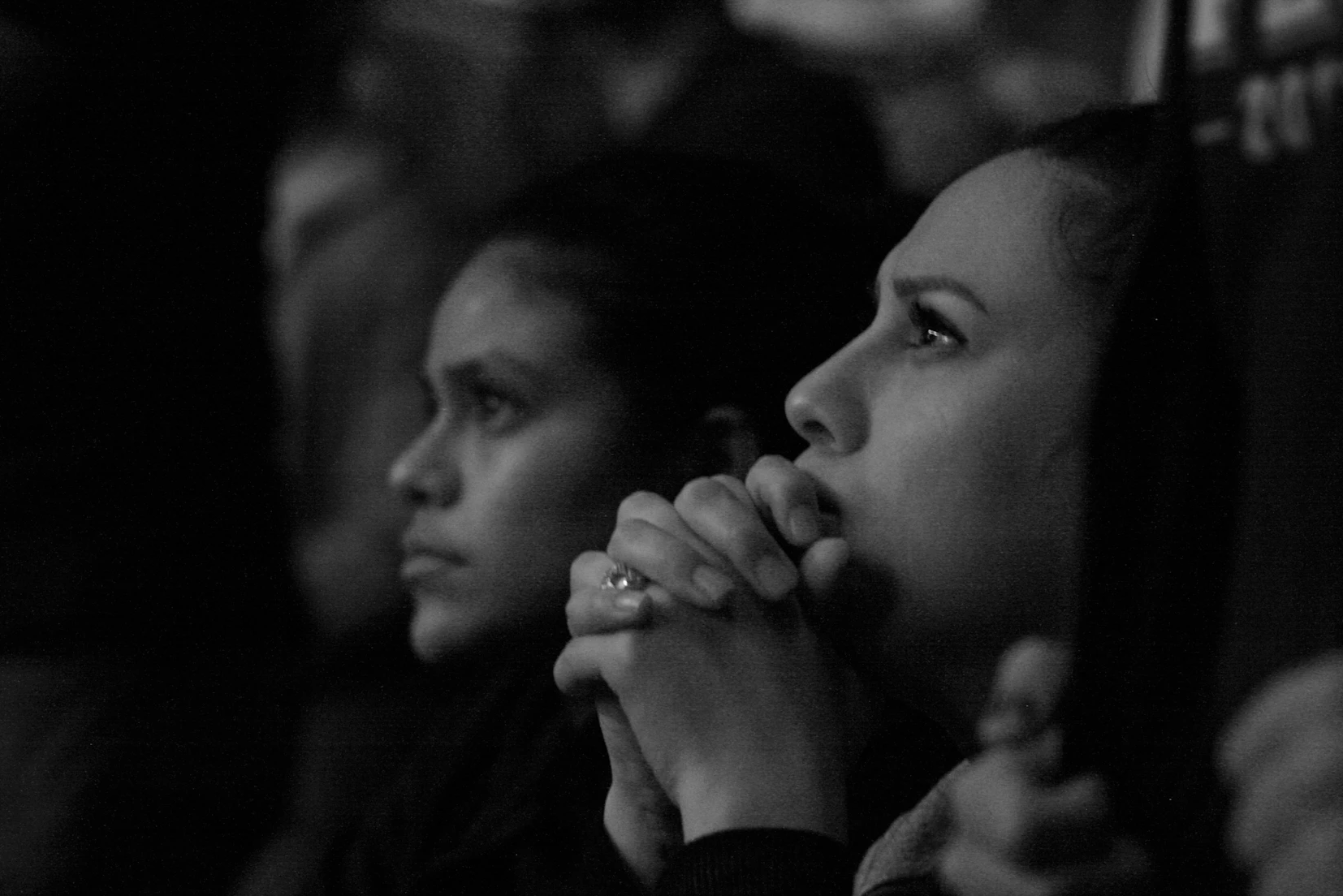
Meeting Needs They Don’t Know They Have

If you’ve ever been in need, then you already know that we often don’t know what we really need, or how to ask for help. When someone we care about is in need, we offer a default response: “Please let me know if you need anything.” And then, predictably, that person never reaches out for help. Why? Because we don’t know what we need until someone offers it without asking. “Let me know what you need” is, for most of us, an unanswerable request. That’s why the people who have the biggest impact on our life are almost always the people who respond to our needs before we know what they are, or know how to ask for help.
Think about the transformational, artful way Jesus interacts with the Samaritan “woman at the well” in John 4. When Jesus invites the woman to ask for “living water,” she responds: “Please, sir, give me this water! Then I’ll never be thirsty again, and I won’t have to come here to get water.” And Jesus, sensing a deeper need in this woman—a need she won’t and can’t describe—answers: “Go and get your husband.”
Notice, He’s inviting this woman to do something that seems to have nothing to do with her surface request. Instead, He moves toward her to address her need before she can verbalize it. She has no husband, and has been married five times. She’s at the well in the middle of the day because, likely, she’s not a popular “hang” for the other women in town. In other words, she’s a broken and outcast woman desperate to find healing, acceptance, and wholeness. And when Jesus acts to meet that need, the woman takes a deep drink of the mercy she didn’t know how to ask for.
I bring this up because of a new research report from Barna that focuses on a concerning trend among young women in our culture. Among women ages 18 to 24…
- four out of 10 say they have “no faith at all,” higher than among young men (for the first time),
- only three out of 10 attend church or read the Bible weekly, and
- only six out of 10 say they’ve prayed recently.
Meanwhile, very few of these young women say they feel valued by others in older generations. They don’t feel understood by their parents or church leaders. They feel isolated and unseen. And, even more to the point, they don’t know how to ask for what they really need. Most can’t pinpoint the kind of caring, healing mentoring their soul is desperately thirsty for, because it’s too vulnerable or too, well, weird to express that need. They are standing at a well in the middle of the day, alone and broken, unaware of how to invite the living water that will “become a fresh, bubbling spring within [them].”
And so, a few simple questions:
- How can your church offer living water to the thirsty young women in your community before they ask for it?
- How can you help mentors in your congregation find ways to offer their mentoring without waiting to be asked?
- How can you act to meet the needs of needy people before they’re aware of their neediness?
To do this, we’ll have to “pay ridiculous attention” to the people around us, and exercise our agency to give when no one is asking for it.

Rick Lawrence is Executive Director of Vibrant Faith—he created the new curriculum Following Jesus. He’s editor of the Jesus-Centered Bible and author of 40 books, including his new release Editing Jesus: Confronting the Distorted Faith of the American Church, The Suicide Solution, The Jesus-Centered Life and Jesus-Centered Daily. He hosts the podcast Paying Ridiculous Attention to Jesus.

